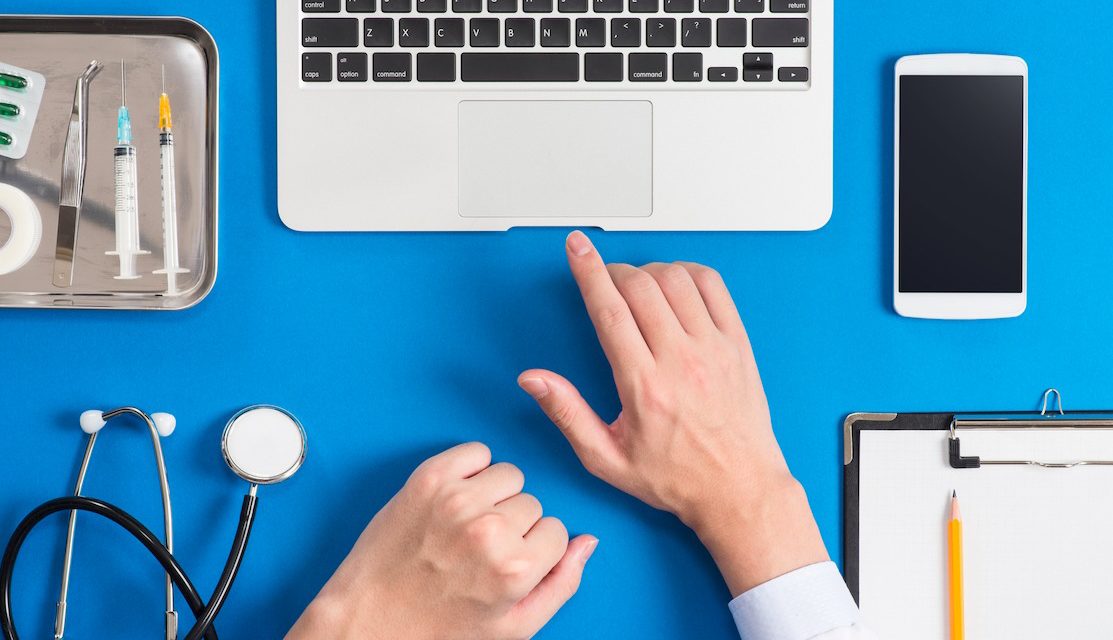Microsoft has re released a “private preview” of its artificial intelligence-powered chatbots for healthcare program, which is designed to enable hospitals and medical centers to easily create interactive virtual assistants and chatbots to serve patients.
The program is part of Microsoft’s Healthcare NExT initiative promises to give patients self-service access to health information while reducing costs for medical administrations.
Initial partners include Aurora Health Care, which serves 15 hospitals, over 150 clinics and 70 pharmacies throughout eastern Wisconsin and northern Illinois, and Premera Blue Cross, which is billed as the largest health plan in the Pacific Northwest, and UPMC, an integrated health care delivery network.
The companies are working with Microsoft to build out bots that address a wide range of healthcare-specific questions and use cases.
For instance, insurers can build bots that give their customers an easy way to look up the status of a claim and ask questions about benefits and services. Providers, meanwhile, can build bots that triage patient issues with a symptom checker, help patients find appropriate care, and look up nearby doctors.
At Aurora Health Care, patients can use the “Aurora Digital Concierge” to determine what type of care they might need and when they might need it. Patients interact with the bot in natural language – answering a set of questions about their symptoms – and then the bot suggests what could be possible causes and what type of doctor they might want to see and when. They can also schedule an appointment with just a few clicks. This is an example of how AI can have direct impact on people’s everyday lives, helping patients find the most relevant care and helping doctors focus on the highest-priority cases.
“Aurora Health Care is focused on delivering a seamless experience for our consumers and the health bot allows us to introduce technology to make that happen. The use of AI allows us to leverage technology to meet consumers where they are; online, mobile, chat, text, and to help them navigate the complexity of healthcare,” says Jamey Shiels, VP Digital Experience, Aurora Health Care.
The AI-powered healthcare initiative comes amid a wider set of moves by Microsoft to take advantage of Connected Intelligence. Last month, for example, Microsoft’s Internet of Things software program, Azure, got a location intelligence boost from Dutch navigation software company TomTom. That effort allows Microsoft Azure clients to apply a wide array of TomTom API services under the Microsoft IoT brand including search and geocoding, routing, traffic, and maps.
Meanwhile, there are even more changes occurring in the healthcare space. This month, pharmacy and clinic chain CVS Health’s $69 billion acquisition of insurance giant Aetna appears poised to upend the way consumers access and pay for wellness, medication, treatment, and benefits.
The blurring of lines among healthcare providers across wellness and care, prescription management, and insurance clears the way for tools like chatbots, which are becoming more commonplace in consumers’ wider lives, to become an integral part of healthcare.
By incubating the health bot project as part of Healthcare NExT, a new initiative at Microsoft that is aimed at “transforming healthcare by deeply integrating greenfield research and health technology product development, in partnership with the healthcare industry’s leading players.”
As Google, Apple, and Amazon look to ways to expand their own respectiv approaches to managing healthcare tech, expect Microsoft to ramp up more collaborations with its rivals as well as healthcare companies.

